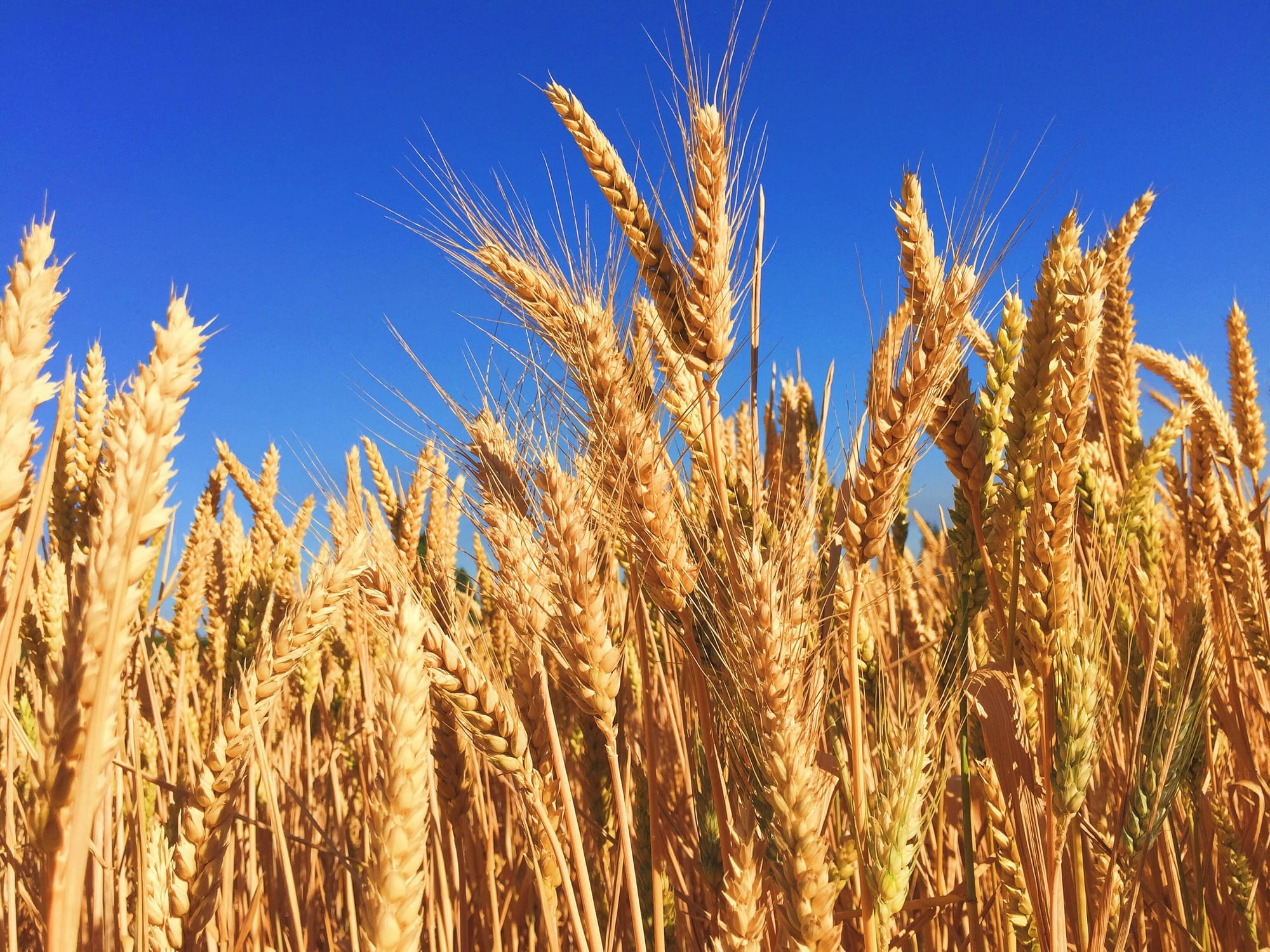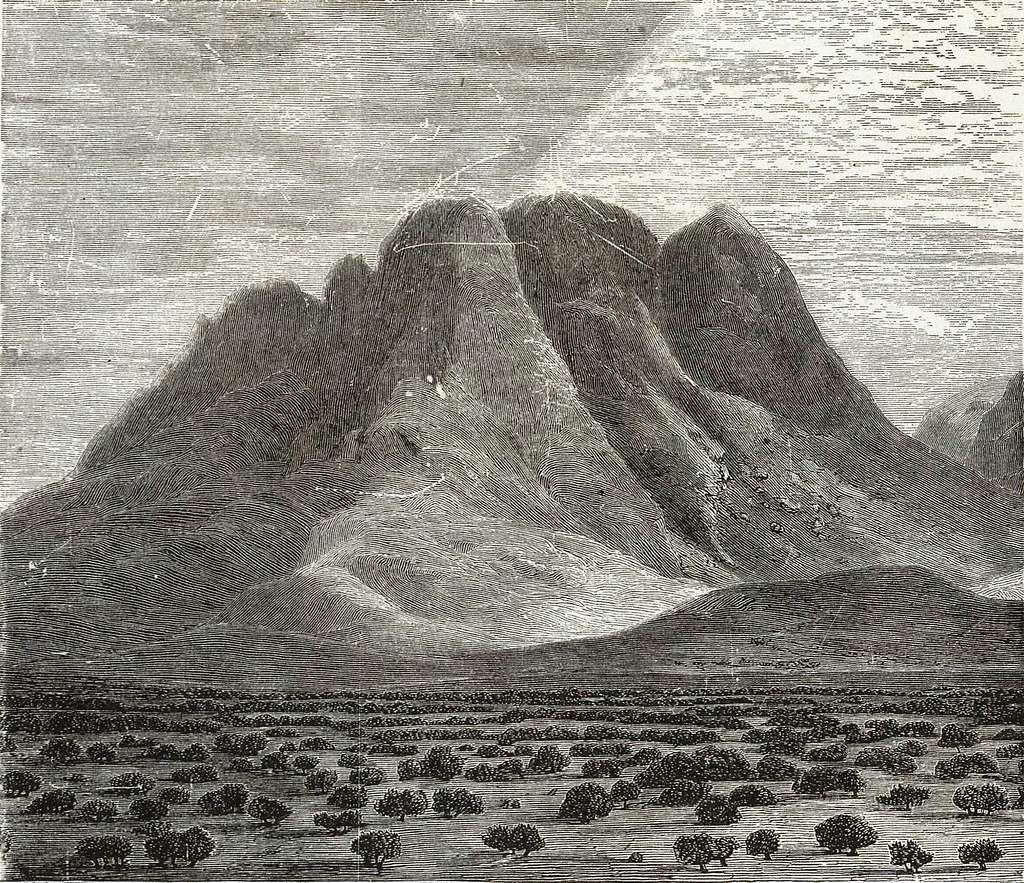The fruits of our labour
When land is treated above all as a commodity, the vast majority of us lose out.

This week, Jews around the world observe Shavuot, also known as the Feast of Weeks. It marks the time of year at which the wheat harvest took place in the Land of Israel during biblical times, when farmers would bring offerings of food from the new harvest to Jerusalem and hold “first fruit” festivals. For me, as a multi-cultural Jew growing up in the 21st century, Shavuot was always about sharing and enjoying the foods to which I had access from near and far. Plus, cheesecake!
In essence, Shavuot can be understood as a time for reaping the benefits of the seeds we sowed and enjoying the fruits of our labour together as nourishment. Yet for many people around the world today, reaping the benefits of their labour isn’t an option. The products of agricultural and farm labour are primarily enjoyed by others – often private companies – for capital gain.
Some of us are lucky enough to be able to afford a variety of foods to eat all year round. But with consumerism at the core of Western nations’ relationship to food, we are living through an era of vast exploitation of land, food and, of course, workers. In the UK, for example, seasonal agricultural workers are often exposed to potentially deadly pesticides on farms that feed millions of us.
Likewise, whereas for many nature is simply a part of our world to be enjoyed, for others it remains an inaccessible luxury. And while the agriculture industry is not unique in its exploitation of workers, it is worth exploring the history of how we got here.
The commodification of land that we see today is a legacy of colonialism, and especially of the transatlantic slave trade. In its 2013 report ‘Slavery and the British Country House’, English Heritage identified the implicit and explicit ways in which money accrued by slavery was invested into land in the UK. Many British landowning families who monopolised land in the West Indies by growing sugarcane and depending on slave labour were able to maintain and grow their wealth post-slavery. And this legacy lives on today.
Currently, the UK’s top 50 landowners (including the Queen) control over 12% of Britain's total landmass, and half of the land in England is owned by less than 1% of its population.
Meanwhile, according to the government’s latest Family Resources Survey, five million people in the UK live in food poverty, defined by the Food Foundation as “the state of being without reliable access to a sufficient quantity of affordable, nutritious food”. In 2020, this figure represented 8% of the population, but data from The Food Foundation suggests food insecurity levels rose to 9% of the population in January 2021. In other words, the privatisation of land in the name of capital is causing millions around the country to go hungry so that the rich can get richer.
If land were better distributed, then we would see more farms run by black and brown people, and collective rather than private ownership of land. This, in turn, would enable us to make use of the ancestral knowledge about caring for land that has been carried down through the generations as people move across geographies. Crucially, it would also transform our treatment of those who work on the land, and allow us to begin tackling some of the wider drivers of poverty, such as housing and health.
Our own history as Jews should give us an understanding of how private ownership of land directly discriminates against ethnic minorities; today, for example, we can see how it presents a threat to Gypsy, Roma and Traveller communities in the UK. Land is valuable and should be treated as such, but its value should not come at the expense of marginalised communities.
There is enough food in the world for all of us – the problem is that our consumerist culture, combined with a lack of political will, prevent us from accessing it. More land in the hands of wealthy landowners means there is less land available on which to grow food. The free market drives prices up, and food becomes just another lucrative resource for corporations to exploit.
This Shavuot, let’s ask: which people today would be bringing their freshly-harvested crops to Jerusalem? And with whom would they be willing to share them?
Let’s embed land justice into our festivities. Let’s think about our relationship to food and land, and consider whether we’re contributing to the system of inequality that’s malnourishing over 3 million people in the UK. Let’s support ongoing campaigns to reform land legislation, and support workers in the UK and around the world who are fighting to end oppressive practices.
From dispossessed olive farmers in Palestine to hungry children in Tower Hamlets, Shavuot is incomplete without land and food justice for all. ▼
Victoria Poku-Amanfo is a researcher for the Institute for Public Policy Research.
Author
Victoria Poku-Amanfo is a researcher for the Institute for Public Policy Research.
Sign up for The Pickle and New, From Vashti.
Stay up to date with Vashti.



